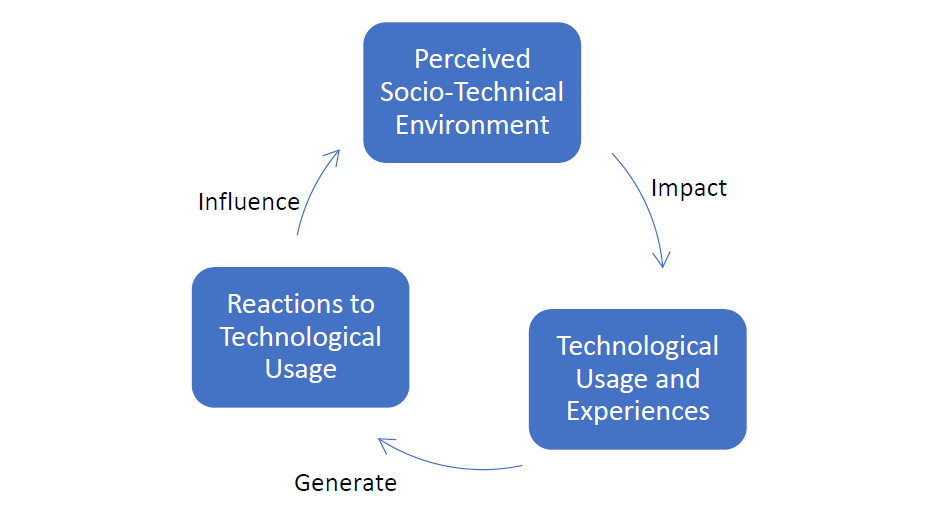Researchers of the EU-funded DIGYMATEX Project, Alvaro E. Arenas of the IE Business School in Madrid and Pouye Yazdi of the Universidad Politécnica de Madrid, have published their paper entitled “Towards a model of technology usage and digital maturity in children: A grounded-theory approach”, available online in ECIS 2022 Research Papers.
In their research, based on a qualitative study of data collected through five focus groups of children in Spain, Arenas and Yazdi generated the 10 factors of digital maturity adopted by DIGYMATEX within the Digital Maturity Inventory (DIMI).
These are: digital literacy and technology awareness, perceived benefits and risks, types and patters of technology usage, managing tensions, adult interaction and mediation, regulation of emotional responses, needs satisfaction, and digital civic behaviour.
“Increased use of digital technologies by children has raised some concerns about how digital technologies may be influencing multiple aspects of children’ lives,” Arenas and Yazdi commented. “The purpose of this study is to investigate on how children use digital technologies, aiming at identifying factors that indicate how mature children are in the use of digital technologies.”
The researchers said that the model shows a cycle in which usage of technology generates some reactions that may have positive or negative impact on children, and that influence children’s perception of their socio-technical environment. Moreover, the socio-technical environment may impact technology usage, completing the cycle.
By using this model, one can examine how children reacts to the use of technology, and how their socio-technical environment, usage experiences and reactions evolve over time.
So, for example, one of the teenage girls interviewed in the focus group mentioned her experience using the Instagram app and how evolved over time. She started using the app to connect with friends (perceived benefits), following a hedonistic usage, and a pattern of using with some periodicity, which triggered some emotional responses such enjoyment; over time, she noticed she was overusing the app (perceived risks), which generate some tension in her and triggered some negative emotional responses such as anxiety.
The research also demonstrated interrelations between the children’s socio-technical environment, technology use and experience, and their reactions to technology use, through the use of a high-level model.
The webpage presenting the paper for download also includes a 9-minute video presentation by Arenas, detailing the research.
Arenas and Yazdi presented the research at the 30th European Conference on Information Systems – ECIS 2022, held in June 2022 in Timisoara, Romania, as summarised in this article.


